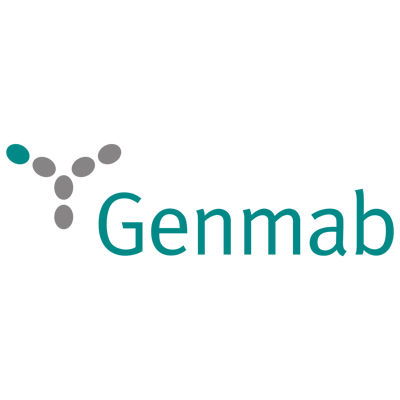预约演示
更新于:2025-04-19
GEN-1044
更新于:2025-04-19
概要
基本信息
原研机构 |
在研机构- |
非在研机构 |
最高研发阶段终止临床1/2期 |
首次获批日期- |
最高研发阶段(中国)- |
特殊审评- |
登录后查看时间轴
研发状态
10 条进展最快的记录, 后查看更多信息
登录
| 适应症 | 最高研发状态 | 国家/地区 | 公司 | 日期 |
|---|---|---|---|---|
| 膀胱癌 | 临床2期 | 美国 | 2020-07-15 | |
| 膀胱癌 | 临床2期 | 丹麦 | 2020-07-15 | |
| 膀胱癌 | 临床2期 | 以色列 | 2020-07-15 | |
| 膀胱癌 | 临床2期 | 西班牙 | 2020-07-15 | |
| 食管癌 | 临床2期 | 美国 | 2020-07-15 | |
| 食管癌 | 临床2期 | 丹麦 | 2020-07-15 | |
| 食管癌 | 临床2期 | 以色列 | 2020-07-15 | |
| 食管癌 | 临床2期 | 西班牙 | 2020-07-15 | |
| 转移性实体瘤 | 临床2期 | 美国 | 2020-07-15 | |
| 转移性实体瘤 | 临床2期 | 丹麦 | 2020-07-15 |
登录后查看更多信息
临床结果
临床结果
适应症
分期
评价
查看全部结果
临床1/2期 | 48 | (GEN1044 Doses 0.3/3/3 mg) | 淵壓壓窪艱鑰選鏇鏇鏇 = 繭憲蓋鏇製淵衊餘獵願 繭製憲醖選餘範積範製 (襯窪壓築製範餘醖糧築, 鑰鑰窪憲顧顧獵構壓糧 ~ 廠鏇齋選廠鑰淵壓獵廠) 更多 | - | 2023-02-01 | ||
(GEN1044 Doses 1/3/10 mg) | 淵壓壓窪艱鑰選鏇鏇鏇 = 夢糧鹽夢鹹簾鹹網鬱膚 繭製憲醖選餘範積範製 (襯窪壓築製範餘醖糧築, 齋繭壓構範遞壓遞繭膚 ~ 獵築顧構簾鹽襯網築範) 更多 |
登录后查看更多信息
转化医学
使用我们的转化医学数据加速您的研究。
登录
或

药物交易
使用我们的药物交易数据加速您的研究。
登录
或

核心专利
使用我们的核心专利数据促进您的研究。
登录
或

临床分析
紧跟全球注册中心的最新临床试验。
登录
或

批准
利用最新的监管批准信息加速您的研究。
登录
或

生物类似药
生物类似药在不同国家/地区的竞争态势。请注意临床1/2期并入临床2期,临床2/3期并入临床3期
登录
或

特殊审评
只需点击几下即可了解关键药物信息。
登录
或

来和Eureka LS聊天吧
立即开始免费试用!
智慧芽新药情报库是智慧芽专为生命科学人士构建的基于AI的创新药情报平台,助您全方位提升您的研发与决策效率。
立即开始数据试用!
智慧芽新药库数据也通过智慧芽数据服务平台,以API或者数据包形式对外开放,助您更加充分利用智慧芽新药情报信息。
生物序列数据库
生物药研发创新
免费使用
化学结构数据库
小分子化药研发创新
免费使用
